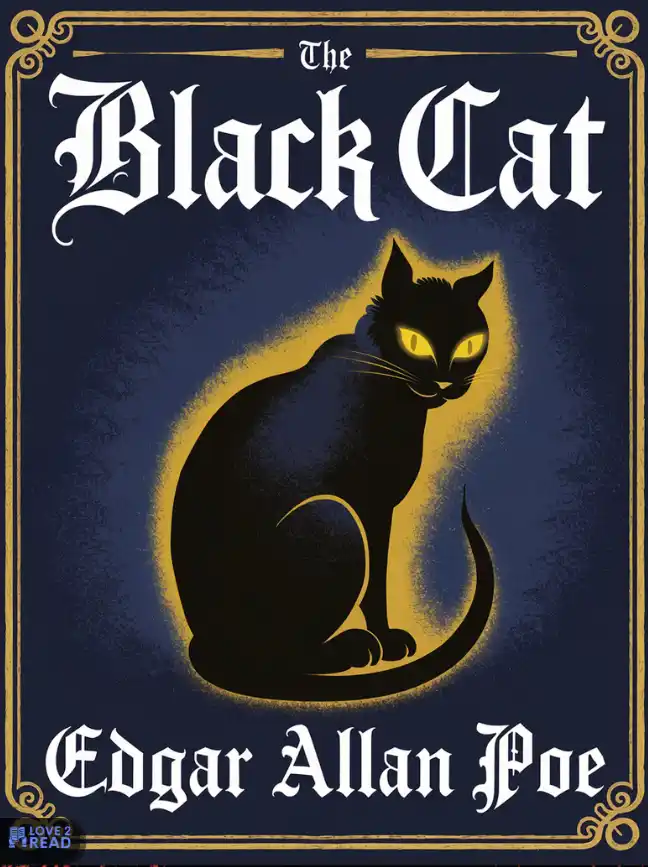(Iago and Rodrigo remain.)
Iago (to some servants). Go to the harbor, I will follow in a moment. (To Rodrigo.) Come near, if you are a brave man; (and they say that love gives even the most cowardly souls a certain strength and majesty not otherwise natural to them)—Listen to me. The lieutenant is in command of the main watch tonight. First, I must tell you that this Desdemona is positively in love with him.
Rodrigo.
In him? What, that’s not possible.
Iago. Put your finger to your lips and let me tell you what you need to know. Consider for a moment with what intensity she loved the Moor at first, simply because he boasted and told her romantic lies. Do you think his boasting will make her love him forever? Don’t be so simple as to imagine such things. Her eye must also have something to eat. And what pleasure can she get from looking at the devil? When the delights of lovemaking have exhausted the blood, it needs stimulation, beauty, sympathy in old age, tender feelings—what do I know—in short, all qualities that the Moor lacks, to rekindle it. But now, it cannot fail; the loss of these requirements and accords will soon outrage her youthful tenderness; she will find that she has been deceived; She will first grow tired of the Moor, then weary of him, then disgusted with him, and finally detest him altogether; nature itself will teach her this and compel her to make another choice. Now, sir, given this (as it is then a settled, crystal-clear matter), who can promise himself this happiness with better hope than Cassio? The most pliant scoundrel in the world, who has no more conscience or virtue than prosperity and prudence require, in order to pursue his secret excesses and frivolities all the more confidently under the protection of the outward form of modest and well-mannered behavior; a smooth, detached scoundrel, an occasional swindler, a hypocrite who can give himself the appearance of virtues he never possessed; a confounded scoundrel! And then there’s the fact that the villain is handsome, young, and endowed with all the qualities that folly and immature youth value most. A desperate, complete villain! And the woman already knows him better than you imagine.
Rodrigo. I can’t possibly believe that of her; she is of such a virtuous disposition—
Iago. Virtuous chanterelle! The wine she drinks is made from grapes. If she had been virtuous, she wouldn’t have fallen in love with the Moor. Virtuous curd! Didn’t you then see how she rocked up and down with his hand? Didn’t you notice?
Rodrigo.
Yes, I did; but that was just politeness.
Iago. It was frivolity, by my soul! A secret hint, a tacit prologue to a comedy where no spectators are required. They brought their lips so close together that their breaths must have mingled and flowed together. That is a convoluted thought, Rodrigo! When such intimacies pave the way, one may rely on the main action soon following—Fy, hangman!—But take my advice, sir. I brought you from Venice. Go with me on the watch tonight; I will command you. Cassio does not know you; and I will not be far from you. See that you then find an opportunity to provoke him; do not talk too loudly, or dwell on his manner of commanding, or do anything else that may anger him, as time and circumstances shall provide.
Rodrigo.
Good.
Iago. He is quick-tempered and instantly enraged; it might easily happen that he strikes you. Provoke him; for that would give me an excellent pretext for stirring up such revolt against him among the Cyprians that nothing but his removal would appease them. This way you will achieve your purpose all the more quickly; for once Cassio is out of the way, I will find a means for the rest, and you shall be happy.
Rodrigo.
I’m willing to do anything if you can get me there.
Jago. I’ll vouch for that. I’ll meet you again outside the citadel; I only have to make a short trip to bring his luggage ashore. Farewell in the meantime.
Rodrigo.
Goodbye.
(He leaves.)





